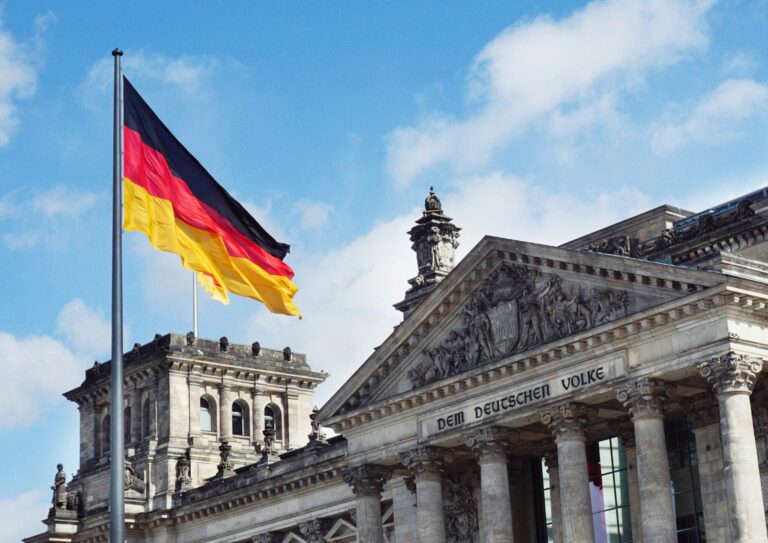Germany has officially banned the Muslim organization Interaktiv following calls for the establishment of a caliphate, the authorities announced on Tuesday. The move marks a significant crackdown on Islamist groups within the country, citing concerns over threats to the constitutional order and public security. The ban, reported by The Jerusalem Post, highlights Germany’s ongoing efforts to counter extremist ideologies spreading under the guise of religious movements.
Germany Prohibits Muslim Interaktiv Citing Calls for Caliphate Establishment
German authorities have officially banned Muslim Interaktiv, an organization under scrutiny for its promotion of extremist ideologies, specifically calling for the establishment of a caliphate. The Federal Ministry of the Interior emphasized that the group’s activities threatened public order and national security by advocating for a system that undermines democratic values. The ban follows a comprehensive investigation revealing the group’s persistent efforts to recruit and radicalize individuals through various channels.
The decision marks a significant step in Germany’s ongoing efforts to combat Islamist extremism within its borders. Officials highlighted several key reasons behind the prohibition:
- Promotion of totalitarian religious governance incompatible with Germany’s constitution
- Distribution of propaganda material encouraging radicalization and division
- Affiliation with transnational extremist networks
- Attempts to influence vulnerable youth demographics
| Aspect | Details |
|---|---|
| Organization | Muslim Interaktiv |
| Banned Since | March 2024 |
| Reason | Calls for Caliphate Establishment |
| Legal Basis | Protection of Public Security |
| Enforcement Agency | Federal Office for the Protection of the Constitution |
Security Concerns and Legal Grounds Behind the Ban on Muslim Interaktiv
Authorities in Germany took decisive action against Muslim Interaktiv, citing significant security concerns stemming from its public calls for reestablishing a caliphate. Intelligence agencies highlighted that the organization’s rhetoric directly challenges constitutional principles and fuels extremist ideologies. Law enforcement agencies stressed the group’s content promoted radicalization and undermined social cohesion by encouraging allegiance to a non-democratic political system incompatible with Germany’s legal order.
On the legal front, the ban was based on provisions within the German Domestic Security Act, empowering the government to outlaw associations that pose threats to the constitutional state. The designation of Muslim Interaktiv as an extremist organization rests on evidence including:
- Public statements advocating an Islamist caliphate that negate democratic values
- Links to networks under surveillance for incitement and recruitment
- Dissemination of materials deemed illegal under hate speech and anti-terror laws
| Legal Basis | Key Security Risks | |
|---|---|---|
| Domestic Security Act | Endangering democratic constitutional order | |
| Hate Speech Regulations | Propagation of Islamist extremist propaganda | |
| Anti-Terrorism Laws | Recruitment for extremist networks |
| Legal Basis | Key Security Risks | |
|---|---|---|
| Domestic Security Act | Endangering democratic constitutional order | |
| Hate Speech Regulations | Propagation of Islamist extremist propaganda | |
| Anti-Terrorism Laws | Recruitment for extremist networks |
| Measure | Impact | Example |
|---|---|---|
| Intelligence Sharing | Early Threat Detection | Joint task force coordination |
| Community Engagement | Reduced Radicalization | Dialogue forums with leaders |
| Online Monitoring | Limiting Propaganda Spread | Social media content filters |
In Summary
The German government’s decision to ban Muslim Interaktiv marks a significant move in its ongoing efforts to curb extremist organizations advocating for radical ideologies. As authorities intensify scrutiny on groups promoting calls for a caliphate, the ban underscores Berlin’s commitment to maintaining national security and social cohesion. The development also highlights broader challenges faced by European countries in balancing religious freedom with counterterrorism measures amidst rising concerns over radicalization.




